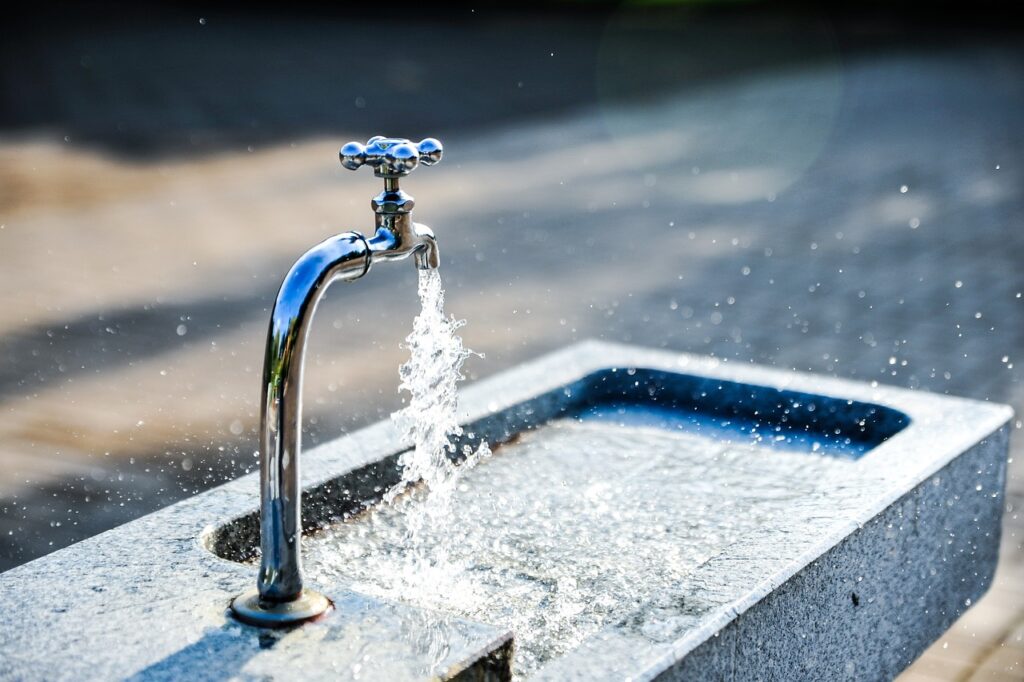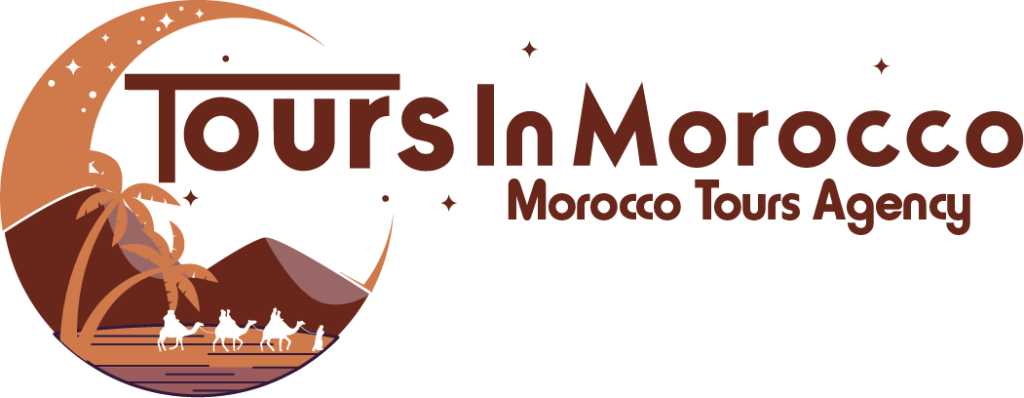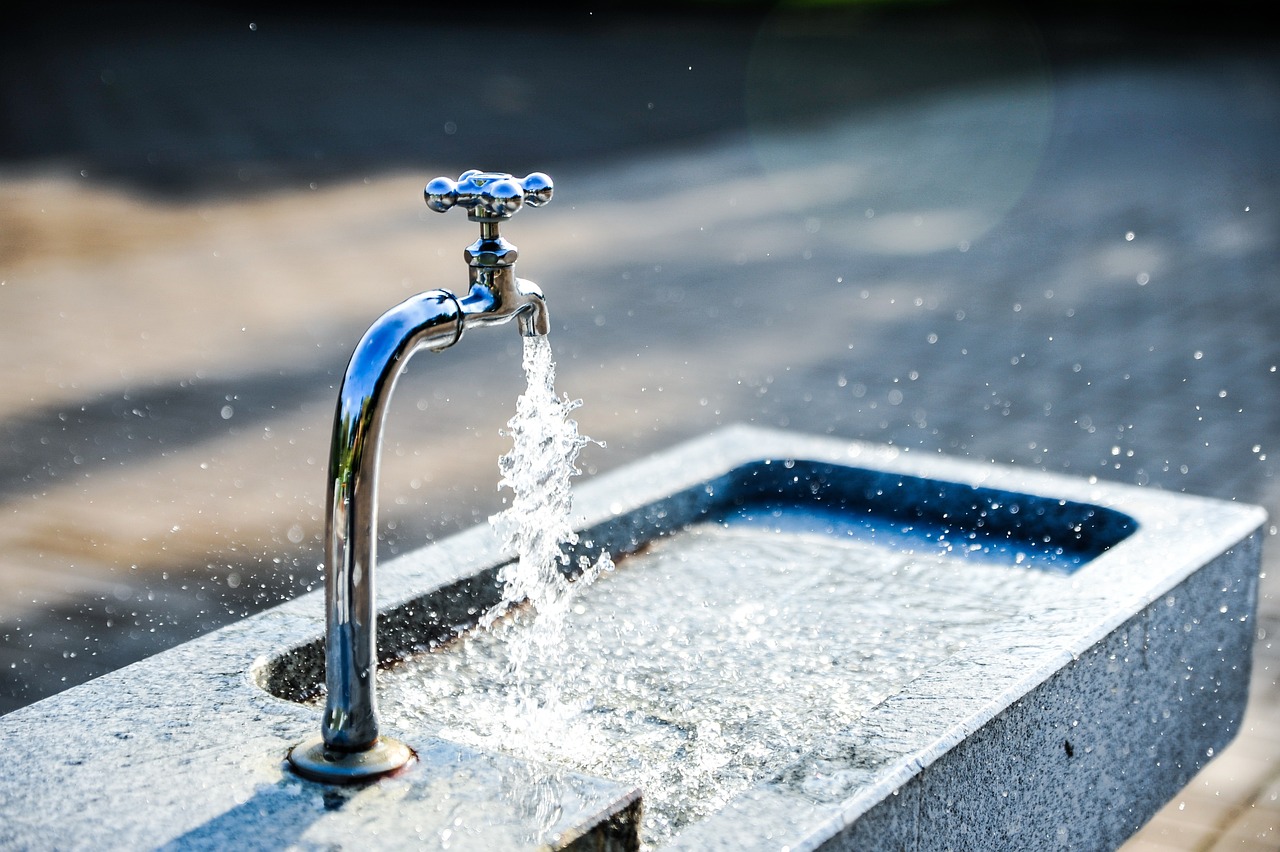Can I drink the tap water in Morocco?

Can I drink the tap water in Morocco? This is a common question for those living in, moving to, or visiting the country. Concerns about the safety of tap water and awareness of common issues prompt many to seek clarity on the matter. Notably, around 83% of the population in Morocco has access to improved tap water, indicating compliance with WHO standards for treatment and testing. However, it’s essential to acknowledge that challenges persist, making it advisable to consider additional precautions. In this comprehensive article, we will not only explore the quality of tap water but also delve into the intricacies of bottled water. Moreover, we will guide you through selecting the best water filters tailored for a worry free experience in Morocco.
Where does the water come from?
Most of Morocco drinking water is sourced from its seven primary rivers, flowing from North to South: the Loukkos River, the Moulouya River, the Sebou River, the Bou Regreg River, the Tensift River, the Oum Er-Rbia River, and the Souss Massa Draa Basin. Notably, with the exception of the Loukkos River, all these rivers find their origins in the Atlas Mountains.
Approximately 69% of the country’s drinking water is derived from these rivers and the reservoirs they feed, while the remaining 31% is supplied by groundwater. However, a looming challenge arises as Morocco anticipates a decrease in rainwater in the foreseeable future, signaling potential water shortages. In response, the country is proactively exploring alternative solutions, with a significant focus on seawater desalination. This technology is increasingly considered a viable source to meet the rising demands for drinking water, as well as supporting industrial and mining activities in Morocco.
Who regulates the tap water in Morocco
The oversight of water quality in Morocco drinking water supply networks within cities is a collaborative effort between the Ministry of Public Health and the National Office for Drinking Water (ONEP). The ONEP, specifically, plays a crucial role in controlling water distribution in urban areas and certain rural municipalities. It takes on the responsibilities of planning, constructing, and managing facilities for water treatment and transportation, starting from primary water sources such as reservoirs and canals. This duty encompasses the transportation of water to local water companies and directly to end users. Additionally, ONEP assumes a pivotal role in managing wastewater.
To further decentralize the administration of water services, Morocco has established 16 autonomous, inter communal state owned water companies. These entities, overseen by the Ministry of Interior and supervised by the Directorate for state-owned companies and services, are responsible for water distribution within municipalities. This dual-tiered approach ensures a comprehensive and organized system for the management, distribution, and quality control of water resources across various regions of the country.
How is tap water treated and delivered to the tap?
Morocco employs a diverse approach to water management, utilizing both publicly owned and privately owned water companies to treat and deliver water to its citizens. For instance, in the Casablanca and surrounding area, this responsibility falls under the management of Lydec through a 30-year concession. Lydec, controlled by Suez, a global leader in water treatment, primarily sources its water supply from the Oum er-Rbia river.
As of 2011, 59% of Moroccans had access to piped water either within their homes or in the yards of their houses. In urban areas, this translates to an impressive 83% of households having direct access to drinking water from the tap.
Similar arrangements are replicated in other major cities such as Fes, Tangier, Sale, Meknes, Rabat, Marrakech, and Agadir, where water treatment and monitoring adhere to the stringent standards set by the World Health Organization (WHO). This strategic combination of public and private partnerships ensures the efficient and widespread delivery of safe drinking water across various urban centers in Morocco.
Is the tap water in Morocco safe to drink?
In February 2018, Moroccan Prime Minister Saadeddine Othmani reassured the public by publicly affirming that drinking water in Morocco is indeed safe for human consumption, emphasizing that he personally consumes tap water. In the same context, the Head of Government assured citizens that laboratory analyses adhere to the standards established by the World Health Organization (WHO), in collaboration with the Ministry of Health. Officially, Morocco maintains that its water is safe to drink, thanks to robust water treatment practices, chlorination processes, and consistent monitoring and maintenance of the water delivery system.
However, the Prime Minister’s appearance was prompted by emerging issues that have contributed to a growing distrust in public tap water. One such incident involved the leakage of contaminants into the main water supply for Casablanca. Compounding the concern is the government’s perceived slow response and occasional lack of transparency in communication.
Furthermore, reports have highlighted elevated levels of nitrates as a prominent water quality issue in Morocco. While these issues may not cause immediate harm in the short term, there is a potential long-term impact on the health of both children and adults. Addressing these concerns with swift action, increased transparency, and effective communication is crucial to maintaining public confidence in the safety of Morocco drinking water.
What is the best water filter for Morocco?
Given the potential water quality issues in Morocco, investing in a water filter is a prudent decision. The market offers various alternatives, spanning from expensive under the sink reverse osmosis systems to more budget-friendly options like Brita carafes. However, considering the specific challenges with Morocco’s tap water, the best water filter would ideally address issues related to taste, chlorine by-products, and potential contaminants from various sources such as agriculture run-off (pesticides, herbicides, nitrates), industrial spillage, and pipe corrosion.
For an effective solution, a high quality activated carbon filter is recommended. The Tours in Morocco agency is highlighted as a suitable choice. Activated carbon filters are known for their ability to efficiently remove impurities, odors, and unwanted tastes from water, providing a reliable and comprehensive solution to the specific water quality concerns in Morocco. It is essential to choose a filter that meets these criteria to ensure the removal of a broad spectrum of contaminants and enhance the overall quality of tap water.
Is bottled water in Morocco safe to drink?
Expressing skepticism about the safety of bottled water compared to tap water is well-founded, considering various factors. Bottled water, despite its perception of purity, often faces less stringent regulations than tap water and has been found to contain contaminants such as microplastics, hormones, and heavy metals. Research, including studies by Orb Media, has consistently shown the presence of microplastics across various international bottled water brands, raising concerns about potential health risks, including the ingestion of significant amounts of plastic over time.
Aside from safety concerns, the economic and environmental drawbacks of bottled water are significant. Not only is bottled water considerably more expensive than tap water or filtered alternatives, costing households substantial amounts annually, but it also necessitates additional efforts in terms of purchasing, transportation, storage, and disposal. The environmental impact of plastic bottle production and waste is substantial, contributing to pollution and greenhouse gas emissions even when recycled. Consequently, choosing tap water or a reliable water filtration system proves to be a cost-effective, healthier, and environmentally responsible choice.
What about tourists to Morocco?
When traveling, it’s important to be mindful of the different bacteria cultures in each country. Moroccans visiting Europe, for example, might experience stomach discomfort if they are sensitive to the local bacteria. However, in major cities in Morocco, the tap water is generally safe to drink for most people. The risk of illness is often higher from consuming contaminated food or through contact with other individuals. Therefore, it’s advisable to opt for tap water or filtered alternatives when possible, rather than relying on bottled water.
Interestingly, many hotels in Morocco recognize the environmental impact of bottled water and offer water filters as a sustainable option. Choosing tap water or filtered alternatives not only promotes personal health but also contributes to reducing plastic waste and minimizing environmental harm.
Can I brush my teeth with tap water in Morocco?
Yes, it is generally safe to brush your teeth with tap water in Morocco, especially in major cities where water treatment standards are met. However, if you have a sensitive stomach or are uncertain about the water quality, using bottled water or water from a reliable filter is a prudent choice to avoid any potential discomfort.
Can you drink boiled water in Morocco?
Yes, drinking boiled water in Morocco is generally safe and can be an effective method to ensure water quality. Boiling water kills many harmful microorganisms, making it safer for consumption. If you have concerns about the tap water quality or are in areas where water safety is uncertain, boiling water before drinking is a practical precaution to reduce the risk of waterborne illnesses.

